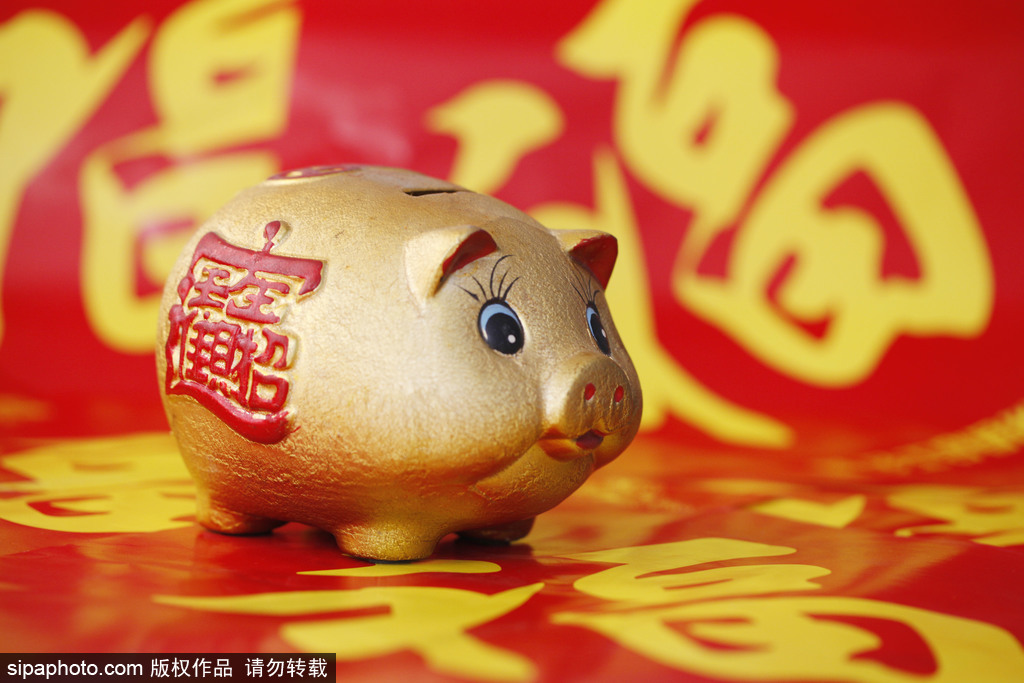More Chinese families demand online wealth management


The demand for online wealth management among Chinese families has experienced a big increase in the post-epidemic era, with more people willing to invest in funds, Chinese financial news outlet Yicai reported, citing a recent report.
This year, young people under the age of 30 accounted for 52.9 percent of the total investors newly entering the funds market, according to a report released by the Survey and Research Center for China Household Finance at Southwestern University of Finance and Economics and the Ant Group Institute.
Individual investors are becoming more rational as more people prefer funds not stocks, said Wang Jun, general manger of the digital financial wealth department under fintech giant Ant Group, which operates the mobile payment platform Alipay.
The COVID-19 epidemic promoted the demand for online wealth management, further extending investors to seniors and individuals not residing in first- and second-tier cities, said Gan Li, director of the Survey and Research Center for China Household Finance at Southwestern University of Finance and Economics.
At present, the rate of families participating in online wealth management has risen to 11.3 percent from 5.4 percent in 2015. Specifically, the online investment willing index for people below the age of 30 stood at 108.8, while that for people aged between 51 and 60 at 103.6.
As family income grows, population aging and urbanization rates rise, the demand for wealth management among Chinese households has shown explosive growth, said Tu Guangshao, president of Shanghai Finance Institute.
The family wealth structure is also experiencing changes, such as from savings to wealth management, from real estate to financial assets, and from the domestic market to the global market.
According to data from Credit Suisse Research Institute, the total assets of Chinese households rose from $3.7 trillion in 2000 to $63.8 trillion in 2019, accounting for 18 percent of the global total and ranking second in the world, only behind the United States.




































